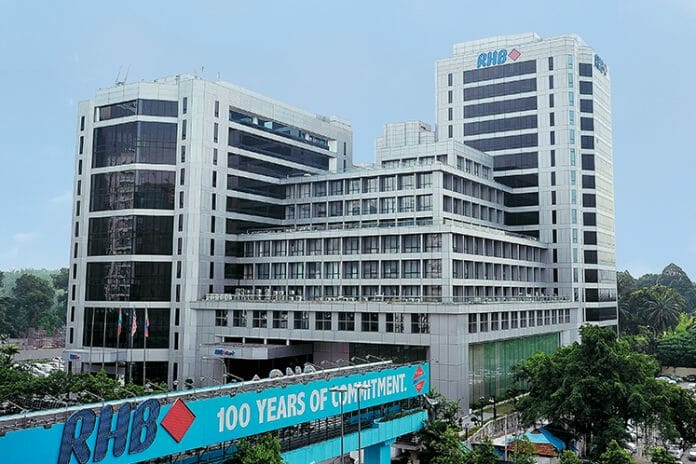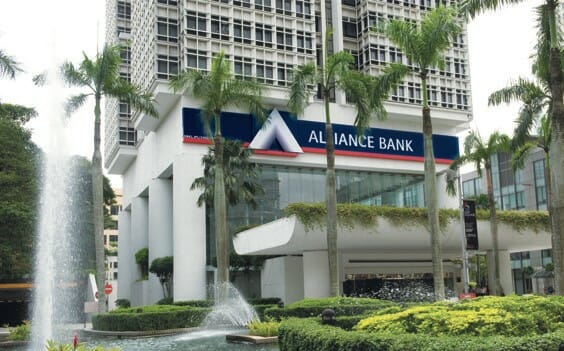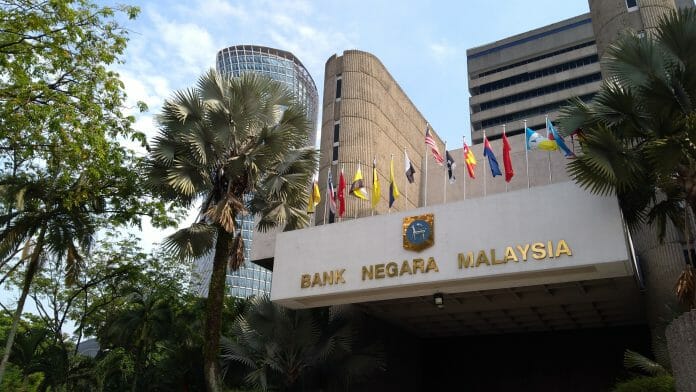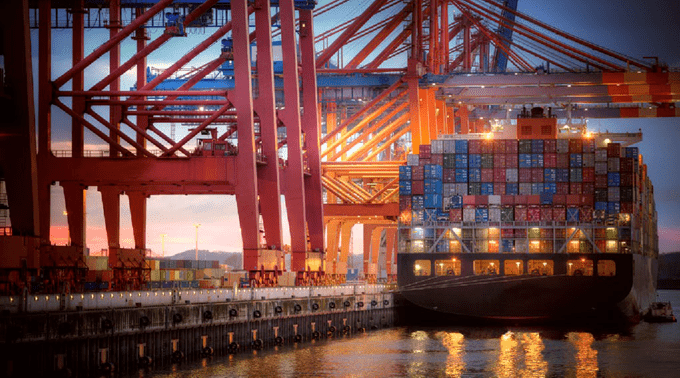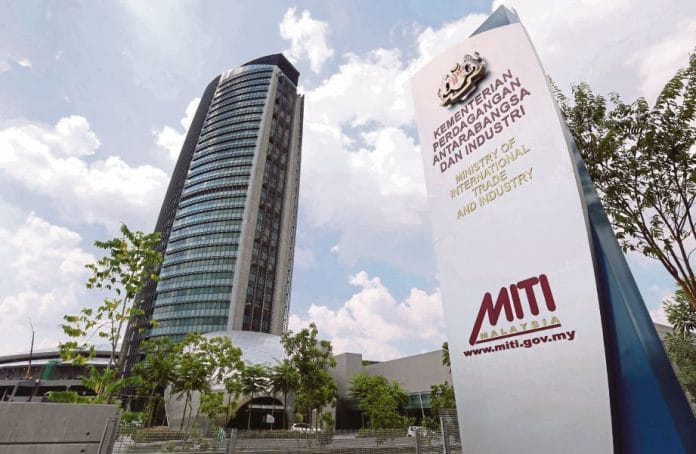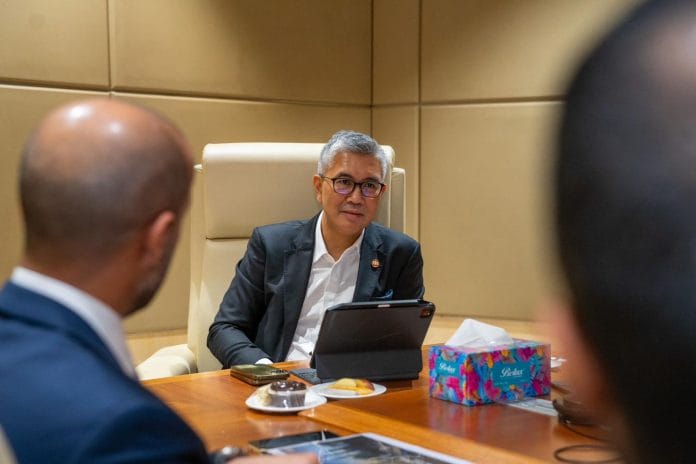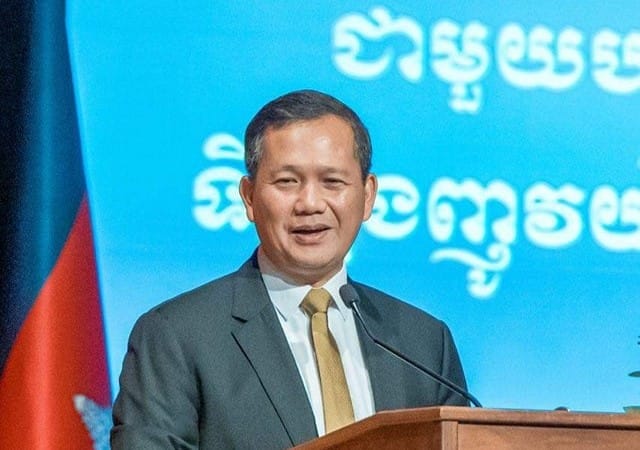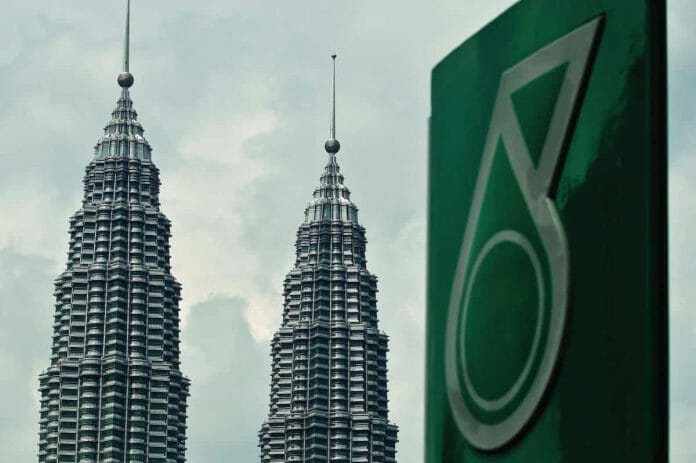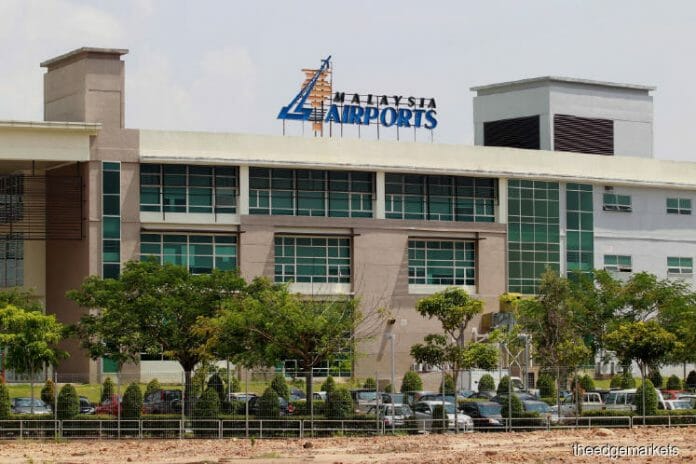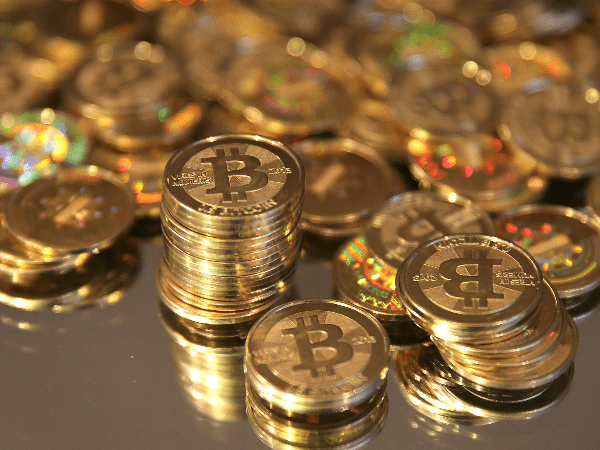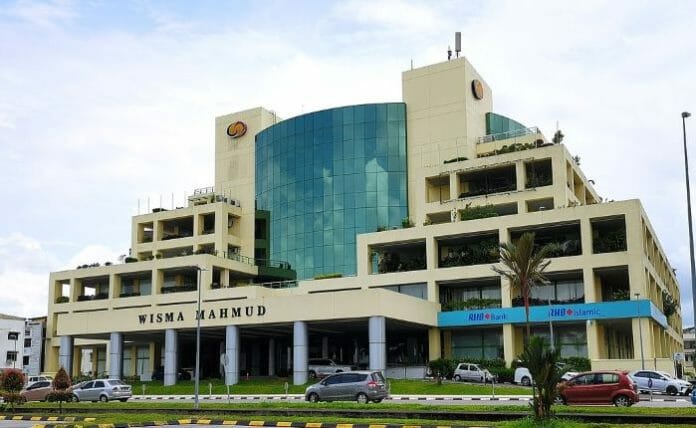Malaysia’s GDP growth underperformed in 2023 (3.7% vs consensus: 4.0%), mainly due to weaker export demand and cooler consumption momentum. Despite a relatively healthy start in 1Q 2023, persistent softening in global trade through the year led to a sharp contraction in overall exports, significantly dragging overall GDP growth. At home, elevated price pressures and lapse of large policy support weighed on private consumption, resulting in a lower print of 4.7%. All said, a strong pipeline of infrastructure and public projects as well as private sector capacity expansion helped to pad economic growth in 2023.
Notwithstanding the underwhelming fourth quarter performance, RAM Ratings said it believes there is an upside lift for the economy in 2024 and have maintained its GDP forecast at 4.5%-5.5%. The chance of a ‘soft landing’ appears to be higher for the global economy, with the International Monetary Fund (IMF) upping its 2024 global growth forecast by 0.2 percentage points to 3.1% last month. Malaysia’s export growth also contracted at a slower pace of 6.9% in 4Q 2023 (2Q 2023: -11.1%; 3Q 2023: -15.2%) with the January 2024 print showing a rebound in growth to 8.7%. Coupled with the predicted upcycle in trade and semiconductors, the ratings agency said it may be seeing early signs of a turnaround in global trade. The IMF forecasts global trade growth to recover from 0.4% last year to 3.3% this year. Furthermore, the latest inflation print in January 2024 continues to point towards easing of price pressures, which along with a robust job market and supportive financial conditions could propel domestic demand higher this year.
Up ahead, key risks on the horizon remain, with the timing of interest rate cuts in the US exerting potential market volatility and for the domestic market, imported price pressures due to weak ringgit valuation. Escalating geopolitical conflicts could threaten the global commodity market and supply chain again. Domestically, RAM said it remains watchful over the execution of RON95 subsidy retargeting in 2H 2024.
Summary of RAM’s key projections
Sources: Department of Statistics Malaysia, Bank Negara Malaysia, Bond Pricing Agency Malaysia, Ministry of Finance Malaysia, RAM
Note: 2024f figures are RAM projections




